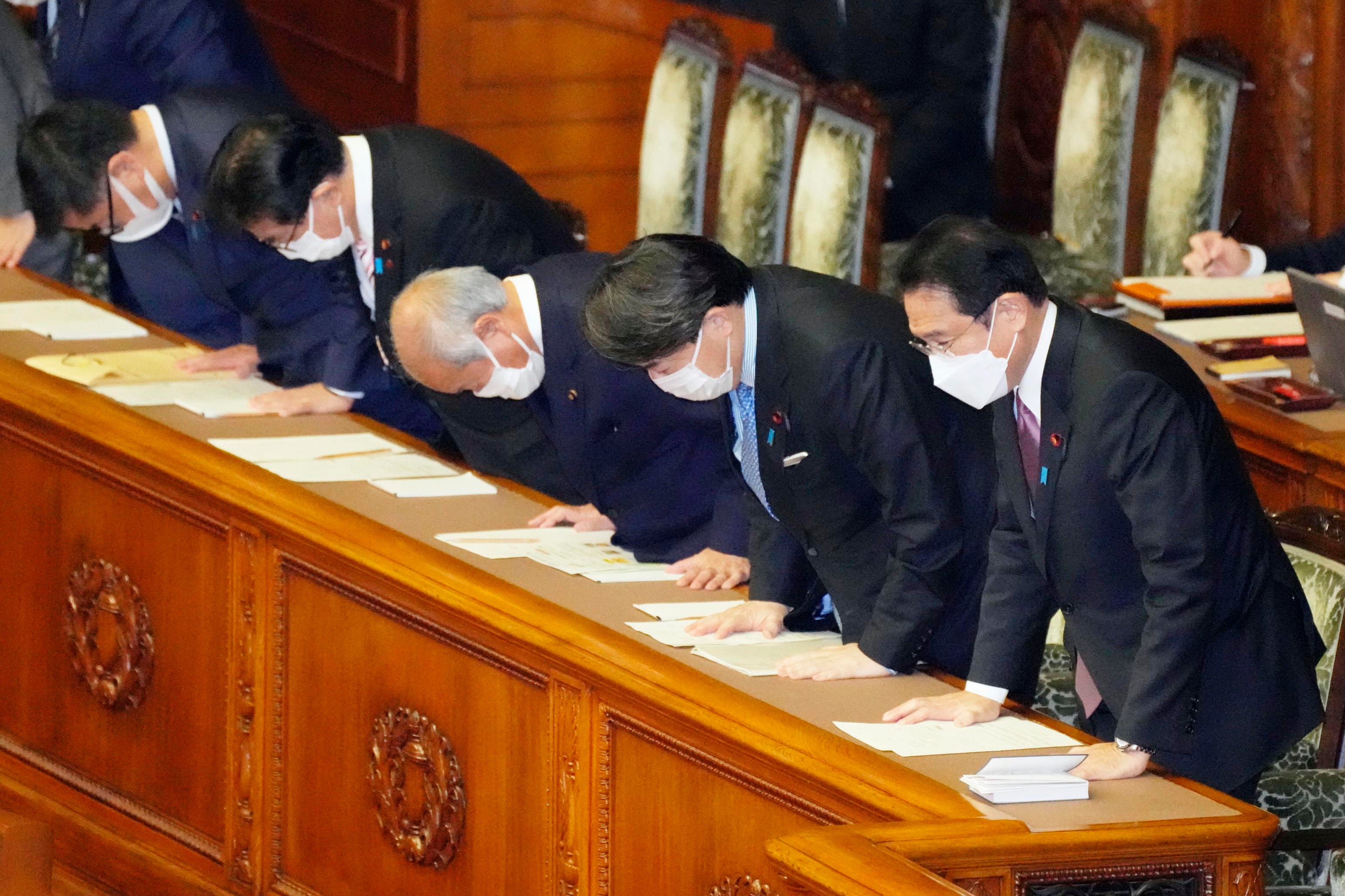Japan OKs record $317 B extra budget for COVID, economy
Japan’s parliament on Monday approved a record extra budget of nearly 36 trillion yen ($317 billion) for the fiscal year through March to help pandemic-hit households and businesses

Your support helps us to tell the story
From reproductive rights to climate change to Big Tech, The Independent is on the ground when the story is developing. Whether it's investigating the financials of Elon Musk's pro-Trump PAC or producing our latest documentary, 'The A Word', which shines a light on the American women fighting for reproductive rights, we know how important it is to parse out the facts from the messaging.
At such a critical moment in US history, we need reporters on the ground. Your donation allows us to keep sending journalists to speak to both sides of the story.
The Independent is trusted by Americans across the entire political spectrum. And unlike many other quality news outlets, we choose not to lock Americans out of our reporting and analysis with paywalls. We believe quality journalism should be available to everyone, paid for by those who can afford it.
Your support makes all the difference.Japan’s parliament on Monday approved a record extra budget of nearly 36 trillion yen ($317 billion) for the fiscal year through March to help out pandemic-hit households and businesses.
The budget largely is to fund COVID-19 measures, including booster shot vaccines and oral medicines. It also includes cash payouts for families with children and a promotion campaign for the hard-hit tourism industry, which critics said are pork barrel giveaways.
Prime Minister Fumio Kishida said the supplementary budget is meant to revive an economy not yet fully recovered from the pandemic and to achieve stronger growth and a more equitable distribution of wealth under his “new capitalism” policy.
Under Kishida, the government has tightened border restrictions to help keep at bay cases of the fast-spreading omicron variant of the coronavirus, after managing to bring infection levels down sharply in the past few months.
The budget includes 100,000 yen ($880) payouts to households with children 18 or younger and a 2.5 million yen ($22,000) subsidy for businesses that suffered substantial losses of sales due to the pandemic. It also will pay to increase salaries of nurses and other caregivers.
It allocates 617 billion yen ($5.4 billion) for promoting semiconductor manufacturing inside Japan as the country moves to improve its economic security and counter shortages of the computer chips that are vital for a wide range of products. The budget will also fund promotion of tourism, sustainability and digitalization.
In response to growing concern about rising Chinese power and other strategic challenges, it includes about 773 billion ($6.8) dedicated to speeding up deployment of missile defense systems and other military preparedness.
Deputy Chief Cabinet Secretary Seiji Kihara told reporters Monday that the government plans to deliver planned measures promptly to the people to support “reconstruction of the pandemic-hit economy and the resumption of social and economic activity” after widespread public health precautions imposed to battle coronavirus outbreaks.
Japan’s government has insisted that it is managing to catch people infected with the omicron variant at the border, but experts have cautioned that it may be spreading locally.
The health ministry reported 14 omicron cases among arrivals at Japanese airports, bringing the known omicron cases to more than 80.
In Okinawa a major cluster has been spreading at the U.S. Marine Corps base of Camp Hansen, where at least 180 Marines who recently transferred from the United States have been infected. It was not known if they included omicron cases.
Japan, a country of about 126 million, has reported about 1.73 million COVID-19 cases and 18,400 deaths since the pandemic began two years ago.